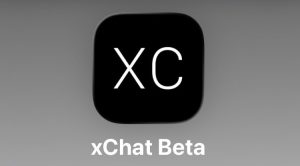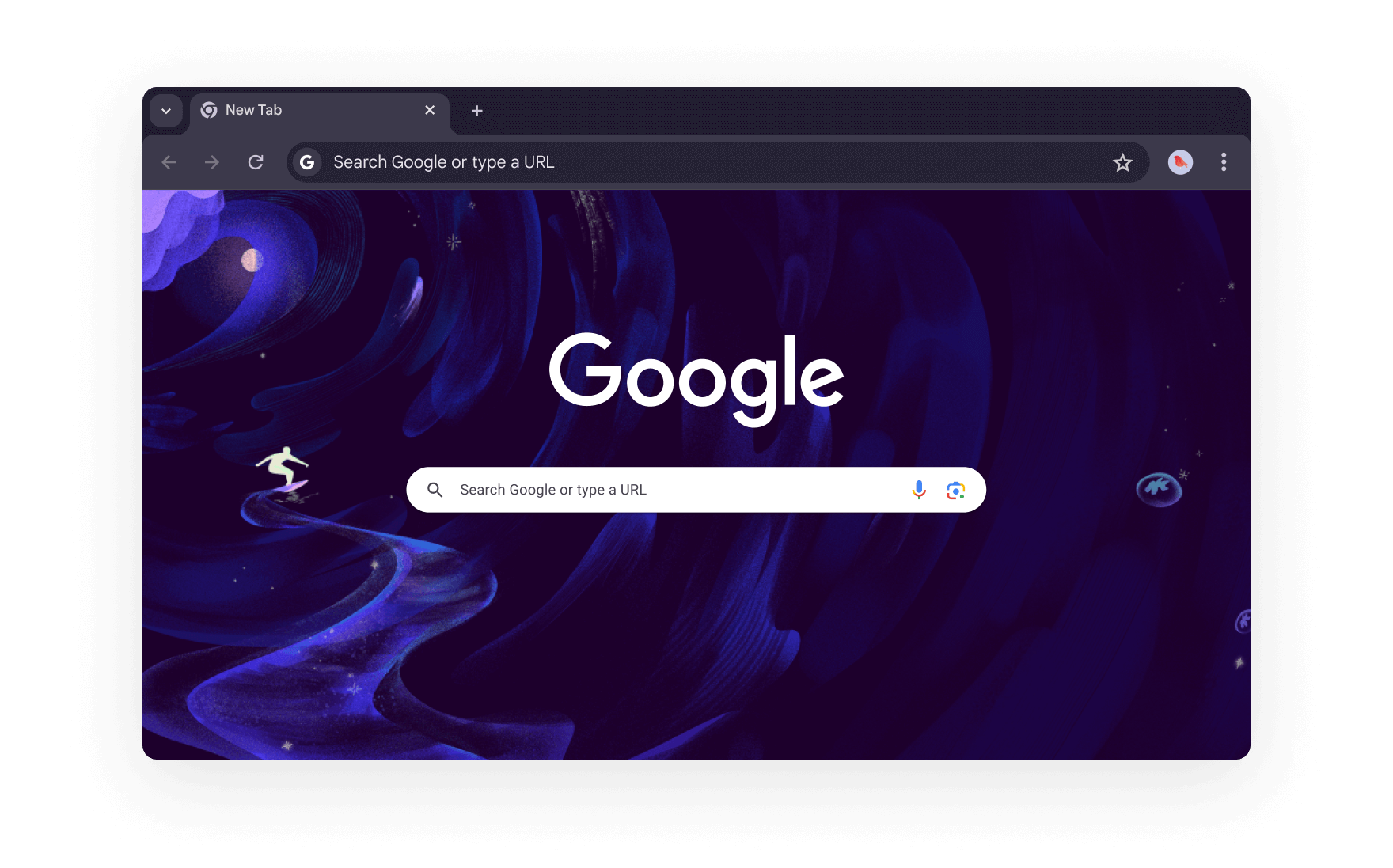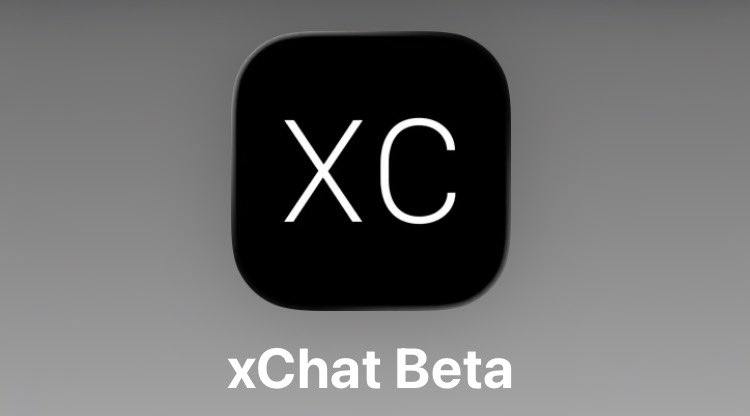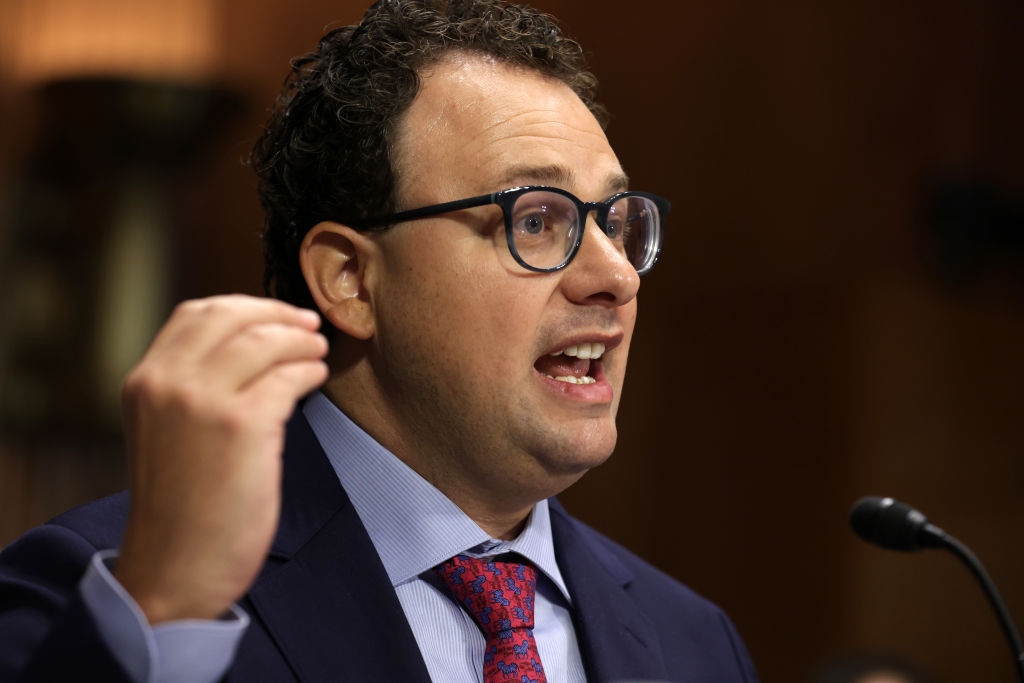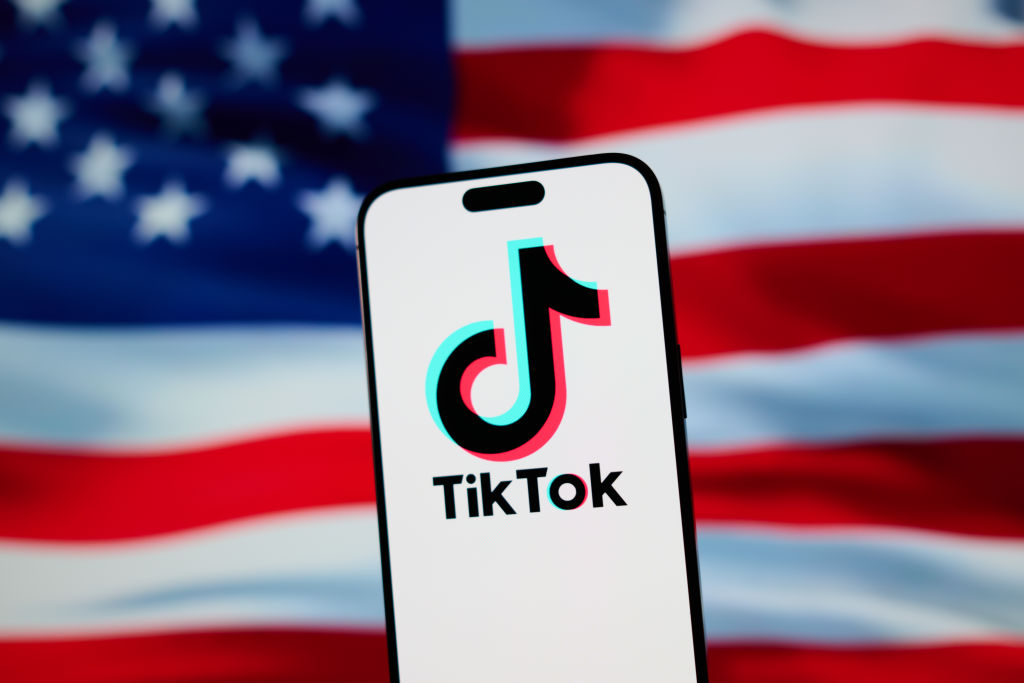
A landmark agreement concerning the popular social media platform TikTok’s operations within the United States is poised for finalization, marking a significant development in the ongoing technological and geopolitical tensions between Washington and Beijing. Treasury Secretary Scott Bessent announced that a comprehensive deal had been reached, with the expectation that U.S. President Donald Trump and Chinese President Xi Jinping would formally "consummate" the transaction during an upcoming summit in Korea on Thursday. This anticipated conclusion follows months of intense negotiations, regulatory pressures, and a complex web of national security concerns, economic interests, and digital sovereignty debates.
The Road to Resolution: A Timeline of Negotiations
The path to this potential resolution has been protracted and fraught with challenges, illustrating the intricate nature of modern international commerce and technology governance. Secretary Bessent, speaking from Kuala Lumpur, Malaysia, where parallel trade discussions were also taking place, confirmed that all outstanding details of the TikTok arrangement had been ironed out. His statement on CBS’s "Face the Nation" underscored the culmination of efforts that began weeks prior. Last month, a "framework" for a deal was initially established during high-level discussions in Madrid. This preliminary understanding quickly paved the way for President Trump to issue an executive order, signaling the administration’s approval and facilitating the complex transaction. Bessent emphasized that his primary objective was to secure Chinese approval for the deal, a goal he believed had been successfully achieved over the preceding days.
TikTok’s Meteoric Rise and U.S. Security Scrutiny
To understand the gravity of this impending agreement, it is crucial to recall TikTok’s rapid ascent and the subsequent U.S. government’s concerns. Launched internationally by Chinese technology giant ByteDance in 2017, TikTok quickly became a global cultural phenomenon, particularly among younger demographics. Its addictive, algorithm-driven feed of short-form video content revolutionized social media, attracting over 100 million users in the United States alone. Creators flocked to the platform, building careers and fostering unique online communities, while small businesses leveraged its reach for marketing and sales.
However, TikTok’s Chinese ownership soon drew the attention of U.S. national security officials. Concerns centered on the potential for the Chinese government to access American user data, influence content moderation decisions, or disseminate propaganda through the app. Critics pointed to China’s national security laws, which could compel Chinese companies to cooperate with intelligence agencies, raising fears that sensitive personal information of U.S. citizens could be compromised. The recommendation algorithm, a core component of TikTok’s success, also became a point of contention, with fears it could be manipulated for geopolitical purposes. These anxieties intensified amidst a broader climate of increased U.S.-China competition in technology, trade, and global influence.
The "Ban or Sell" Mandate and Executive Orders
The U.S. government’s stance hardened significantly, culminating in a series of executive orders issued by President Trump. These orders, citing national security threats, demanded that ByteDance divest TikTok’s U.S. operations to an American entity or face a complete ban of the application within the United States. This unprecedented demand sent shockwaves through the tech industry and prompted ByteDance to seek a buyer for its highly valuable U.S. assets. The looming deadlines for this divestiture were repeatedly extended, reflecting the immense complexity of finding a suitable solution that satisfied both national security requirements and commercial viability. The ongoing legal challenges filed by TikTok and its users against the proposed ban further complicated the situation, highlighting the delicate balance between government authority and individual digital rights.
The Proposed Structure: A New Era for TikTok U.S.
The finalized deal is expected to usher in a significant restructuring of TikTok’s U.S. operations, designed specifically to address the aforementioned security concerns. Under the terms outlined in President Trump’s executive order, TikTok’s U.S. branch will come under the control of a new board of directors. Crucially, its recommendation algorithm, source code, and content moderation processes—elements at the heart of the U.S. government’s apprehension—will be managed by this new, U.S.-controlled entity.
Oracle, the American software giant, is slated to play a pivotal role, taking responsibility for security operations. This includes overseeing the housing and processing of U.S. user data, ensuring its isolation from ByteDance’s global infrastructure, and implementing robust cybersecurity protocols. This "clean team" approach aims to create a firewall between TikTok’s U.S. data and any potential access or influence from China. The involvement of Oracle, led by Trump ally Larry Ellison, has been a key factor in the administration’s comfort with the proposed arrangement, suggesting a politically palatable solution to a highly sensitive issue.
The Investor Consortium and Market Implications
Beyond Oracle, a consortium of prominent U.S. investors has been reported to be involved in the new joint venture. These include Fox Corp, the media conglomerate that owns Fox News; Andreessen Horowitz, a leading venture capital firm; and Silver Lake Management, a major private equity firm specializing in technology investments. Fox’s participation, in particular, was seemingly confirmed by President Trump himself, adding another layer of political and media influence to the deal.
The formation of such a powerful and diverse consortium underscores the immense value attributed to TikTok’s U.S. operations, even under restrictive conditions. For Oracle, the deal represents a significant expansion into cloud services for consumer applications and a high-profile validation of its security capabilities. For Fox Corp, an investment in TikTok could offer strategic insights into digital media consumption and potentially new avenues for content distribution. For venture capital and private equity firms, it’s an opportunity to invest in a globally dominant platform with substantial growth potential, albeit one navigating unique geopolitical challenges.
The market impact of this deal extends beyond the immediate investors. It could set a precedent for how foreign-owned technology companies with substantial U.S. user bases are allowed to operate under national security scrutiny. It may also influence future cross-border mergers and acquisitions, particularly in sectors deemed critical infrastructure or sensitive data handlers. For TikTok’s millions of U.S. users and creators, the deal offers stability, potentially safeguarding their access to a platform that has become integral to their social and economic lives.
Broader Geopolitical and Trade Context
The TikTok agreement cannot be viewed in isolation; it is deeply embedded within the broader tapestry of U.S.-China relations, characterized by intense competition and occasional cooperation. The ongoing trade war, intellectual property disputes, and technological decoupling efforts form the backdrop against which this deal has been negotiated. Secretary Bessent’s comments from Kuala Lumpur were made alongside U.S. trade negotiator Jamieson Greer, who also reported progress on a framework agreement over tariffs and other trade issues with China. Greer confirmed discussions covered extending the existing trade truce and addressing sensitive topics like rare earth minerals. China’s recent tightening of export controls on these minerals, critical for semiconductor manufacturing and other advanced tech products, highlights the strategic importance of these parallel negotiations.
The TikTok deal, therefore, represents a limited but significant de-escalation in one specific area of this multifaceted rivalry. It demonstrates a willingness from both sides to find a pragmatic solution that balances national interests with the realities of globalized technology and commerce. However, it also signifies a growing trend towards digital sovereignty, where nations assert greater control over data, infrastructure, and platforms operating within their borders.
Analytical Commentary and Future Outlook
While the impending finalization of the TikTok deal signals a significant step towards resolving a contentious issue, it also opens new chapters of scrutiny and implementation. Analysts suggest that the success of this restructured entity will depend heavily on its ability to genuinely demonstrate independence from ByteDance and strict adherence to U.S. security protocols. The new board of directors will face the challenge of navigating the complexities of content moderation in a highly polarized environment, while Oracle will need to prove its capabilities in securing a massive, dynamic consumer application.
This agreement represents a complex compromise. For the U.S. government, it provides a mechanism to mitigate perceived national security risks without resorting to a full ban, which would have sparked significant public backlash and potentially harmed American creators and businesses. For ByteDance, it allows TikTok to continue operating in its most lucrative market, albeit under significantly altered conditions. The deal could be seen as a template for future engagements where national security concerns intersect with global technology platforms, potentially inspiring similar models of localized data management and operational control for other multinational tech companies.
As President Trump and President Xi prepare to formally seal this agreement in Korea, the world will be watching closely. The "consummation" of the TikTok deal is not just a business transaction; it is a profound statement about the future of digital platforms, national security in an interconnected world, and the evolving dynamics of the U.S.-China relationship in the 21st century. The operational transition, regulatory oversight, and the ongoing geopolitical landscape will undoubtedly present continuous challenges, but for now, TikTok’s U.S. future appears to have found a path forward.


